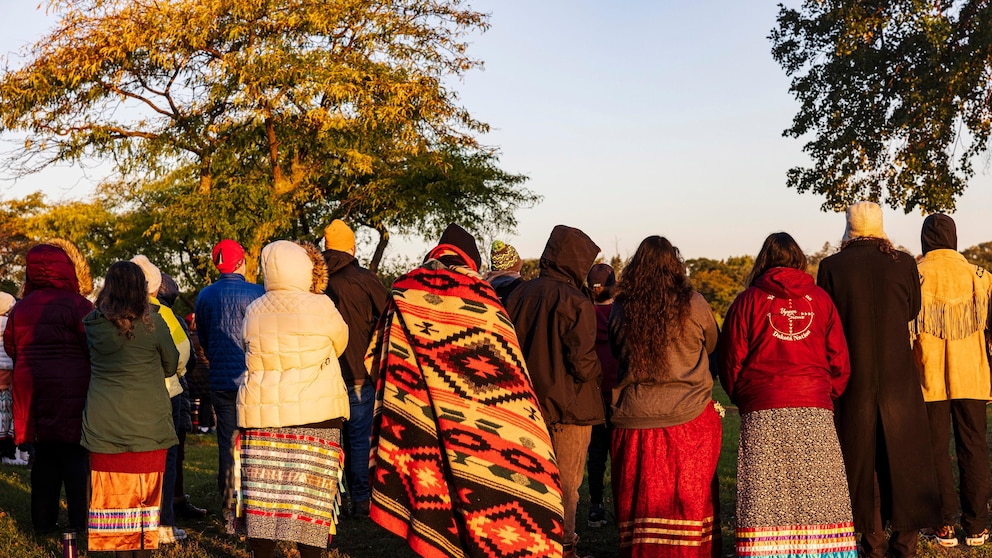The significance of Indigenous Peoples Day in honoring Native American histories and cultures
In recent years, there has been a growing movement to recognize and honor the histories and cultures of Native American communities. One important step in this direction has been the establishment of Indigenous Peoples Day, a holiday that celebrates the contributions and resilience of indigenous peoples. This article will explore the significance of Indigenous Peoples Day in honoring Native American histories and cultures.
Firstly, it is essential to understand the historical context that led to the establishment of Indigenous Peoples Day. For centuries, Native American communities have faced colonization, marginalization, and discrimination. Their land was taken away, their languages and traditions suppressed, and their rights violated. Columbus Day, which was celebrated on October 12th, commemorated Christopher Columbus’s arrival in the Americas in 1492. However, this celebration ignored the devastating consequences that followed for indigenous peoples.
Indigenous Peoples Day emerged as a response to this historical oversight. It aims to shift the focus from Columbus’s arrival to the rich and diverse cultures that existed long before his arrival. By honoring Native American histories and cultures, this holiday acknowledges the resilience and contributions of indigenous peoples throughout history.
One of the primary objectives of Indigenous Peoples Day is to promote awareness and education about Native American histories and cultures. Many schools and educational institutions now use this day as an opportunity to teach students about the true history of indigenous peoples. This includes learning about their ancient civilizations, their sustainable practices, their spiritual beliefs, and their contributions to art, science, and technology.
By providing accurate information about Native American histories and cultures, Indigenous Peoples Day helps dispel stereotypes and misconceptions that have been perpetuated for generations. It encourages people to appreciate the rich tapestry of indigenous traditions and challenges them to confront the injustices that have been inflicted upon these communities.
Furthermore, Indigenous Peoples Day serves as a platform for indigenous voices to be heard. It provides an opportunity for Native American communities to share their stories, traditions, and struggles with the wider public. This celebration allows indigenous peoples to reclaim their narratives and challenge the dominant historical narratives that have silenced their voices for far too long.
Indigenous Peoples Day also plays a crucial role in fostering unity and solidarity among different indigenous communities. It serves as a reminder that Native American cultures are diverse and varied, with distinct languages, traditions, and histories. By coming together to celebrate their shared heritage, indigenous peoples can build connections and support networks that strengthen their communities.
Moreover, Indigenous Peoples Day encourages individuals and communities to engage in meaningful dialogue and take action to address the ongoing challenges faced by indigenous peoples. It prompts discussions about land rights, cultural preservation, environmental stewardship, and social justice. By raising awareness about these issues, this holiday inspires people to advocate for positive change and work towards a more inclusive and equitable society.
In conclusion, Indigenous Peoples Day holds significant importance in honoring Native American histories and cultures. It serves as a platform for education, awareness, and celebration of the rich contributions of indigenous peoples throughout history. By recognizing the resilience and diversity of Native American communities, this holiday promotes unity, challenges stereotypes, and inspires action towards a more just and inclusive future.



